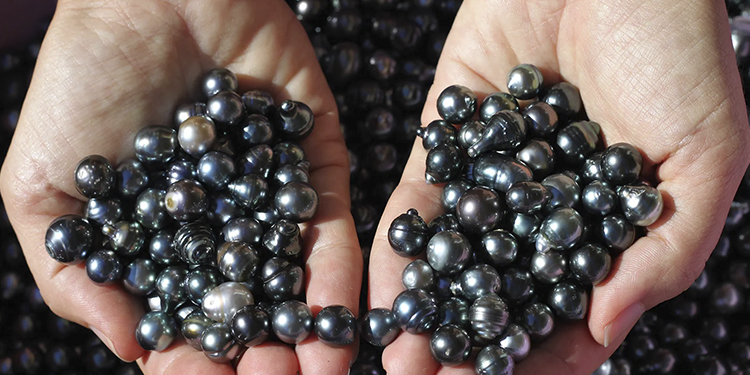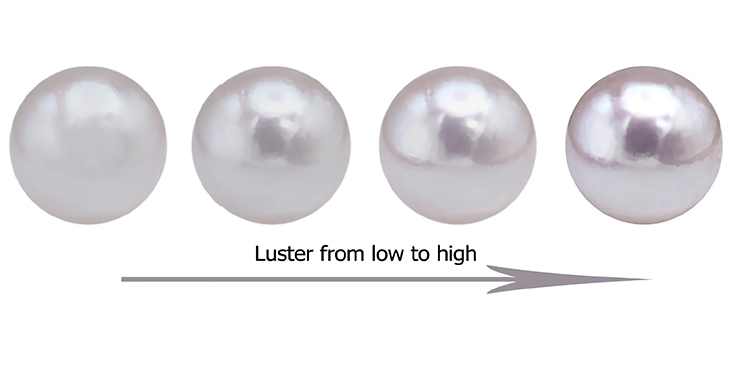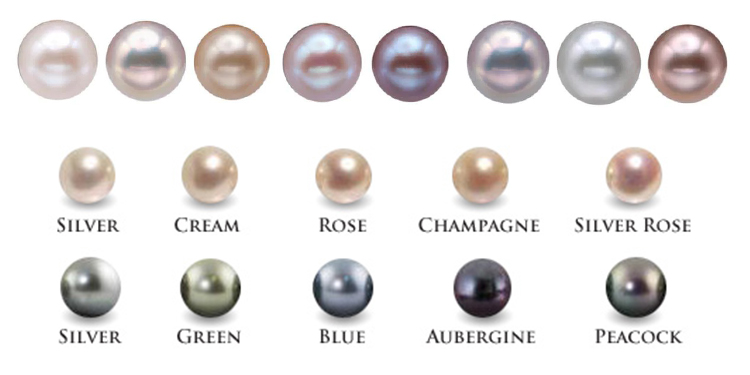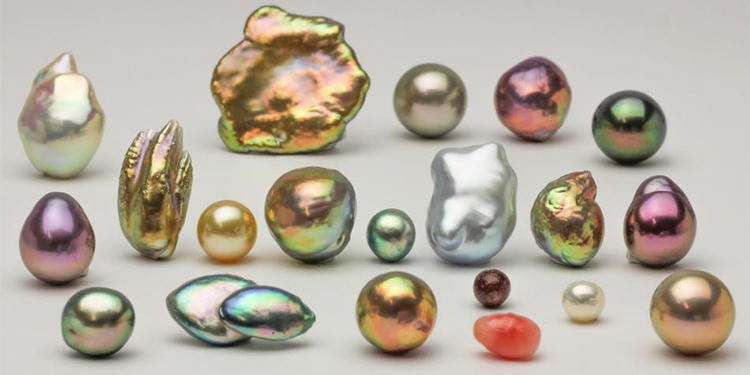Avoiding Pitfalls: Tips from an 8-Year Jewelry Expert

99% of people have stepped into these traps, but I'm here to help you navigate them!
Nowadays, pearls are not just exclusive to our mothers' generation; more and more young sisters are embracing simple and elegant pearl jewelry.
Let me answer your questions on how to choose pearls:
Freshwater Pearls vs Saltwater Pearls: Which is better?
Pearls can be divided into two categories: freshwater pearls and saltwater pearls.
Freshwater pearls come from freshwater mussels, and China is the main producer, accounting for 90% of the world's freshwater pearl production—impressive, right?
On the other hand, saltwater pearls are produced by marine mollusks such as Akoya oysters, Queen conches, and Black-lip oysters.

Saltwater pearls have a longer growth cycle and lower yield, resulting in better quality and higher prices.
China, Japan, Australia, and the Philippines are significant producers of saltwater pearls.
Don't be too fixated on saltwater pearls; high-quality freshwater pearls can be equally stunning and more affordable.
How to Select Good Pearls?

When selecting loose pearls, focus on luster, surface smoothness, shape, size, color, and flaws.
For higher-grade pearls, pay close attention to smoothness and luster while other factors can be based on personal preference.
This way, you can find pearls that are both to your liking and cost-effective.
Does Pearl Color Significantly Affect Price?
The color of pearls is a combination of body color, overtone, and orient.
Body color less impacts the price, while the strength of overtones and orient will affect the value.

Are Non-Round Pearls Cheaper?
Among pearls of similar size, color, surface smoothness, and luster, round pearls command higher prices, followed by near-round and irregular shapes.
If you have a limited budget, a poorly matched strand of pearls won't have the same impact as a single high-quality pearl. A
lternatively, prioritize the aspect that matters most to you, such as size, color, shape, surface smoothness, or luster, to achieve the best result with minimal expense.

How to Identify Genuine Pearls?
Rubbing two pearls together to feel graininess and produce pearl powder is a way to identify genuine pearls.
However, this method can damage the pearls, so it's not recommended.
Instead, observe the pearls under a magnifying glass; genuine pearls have characteristic growth rings.
If you have any other questions about buying pearls, feel free to ask in the comments section!


Leave a Comment